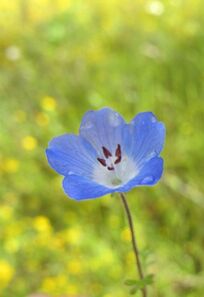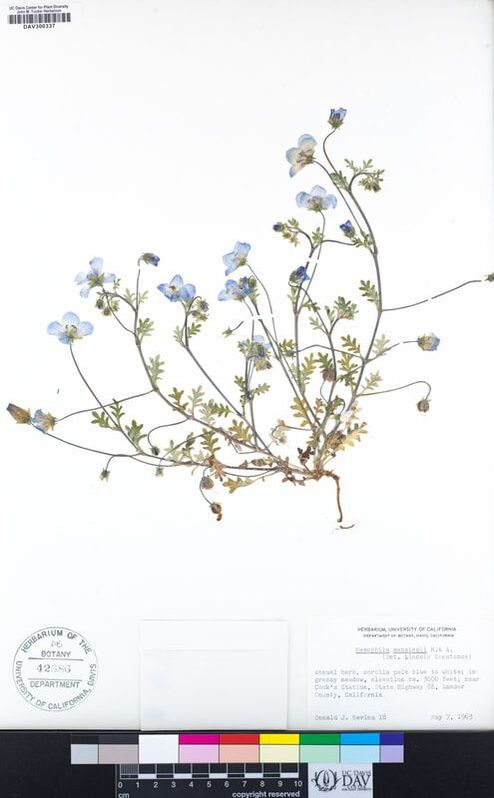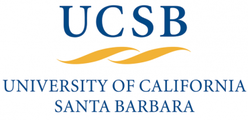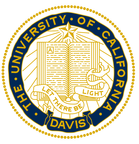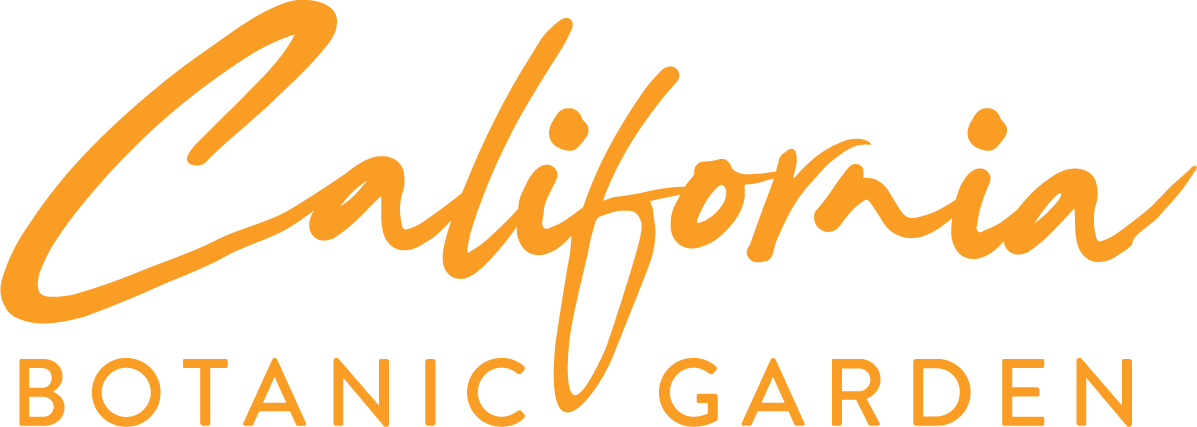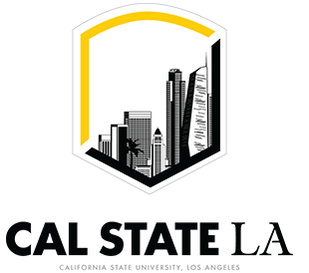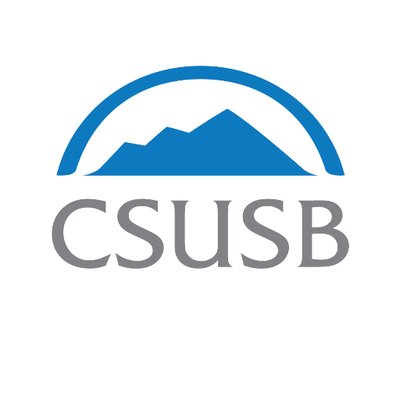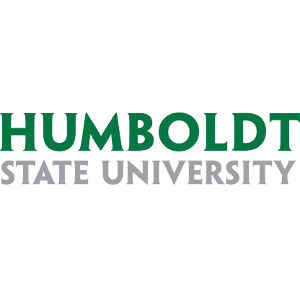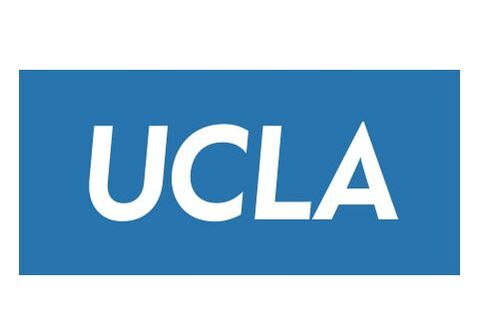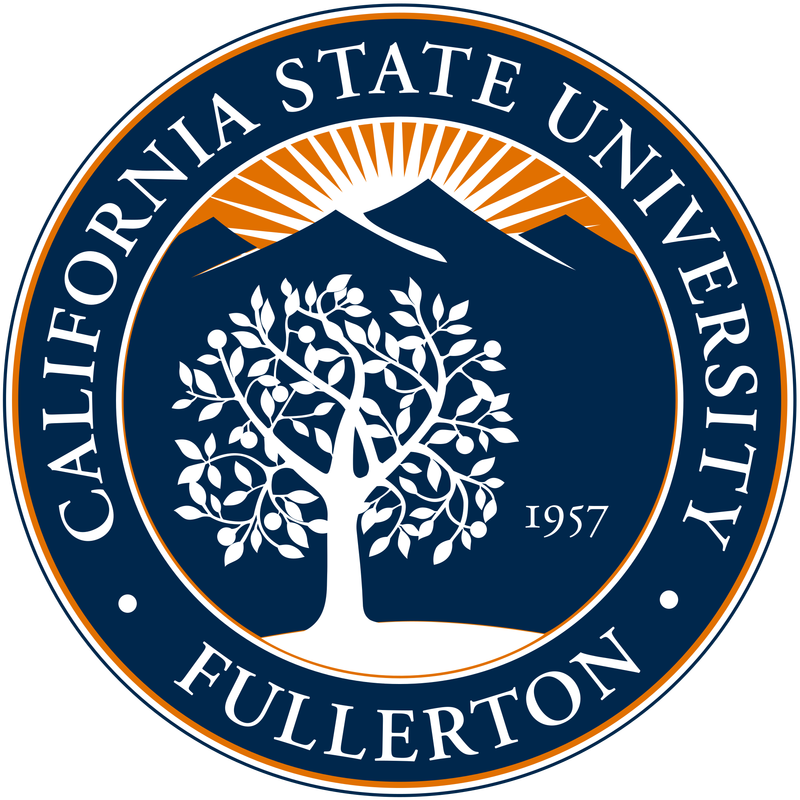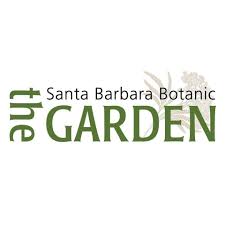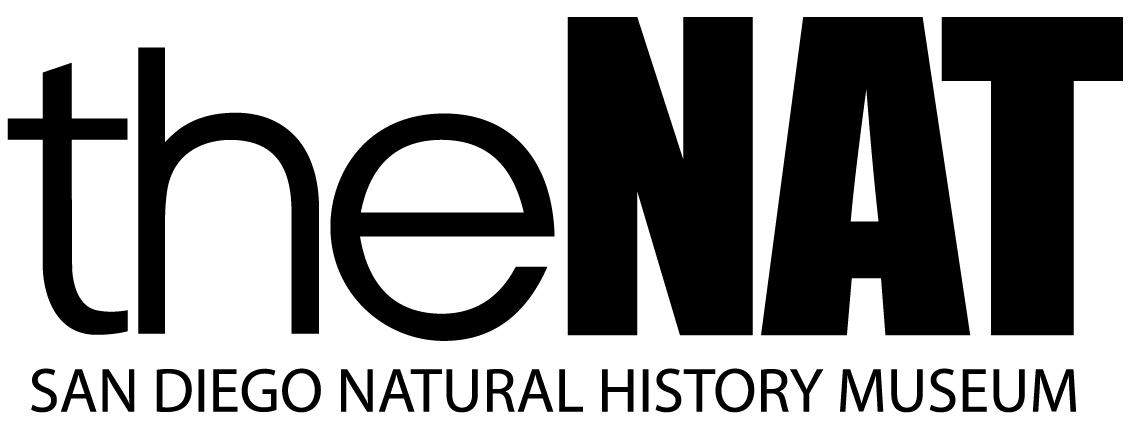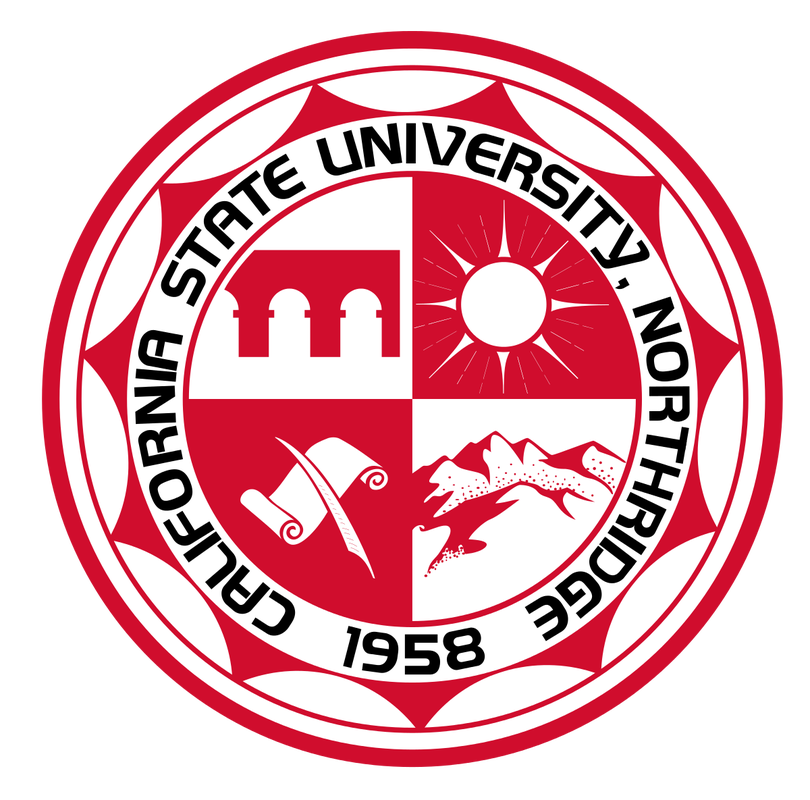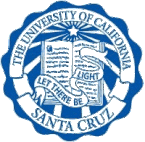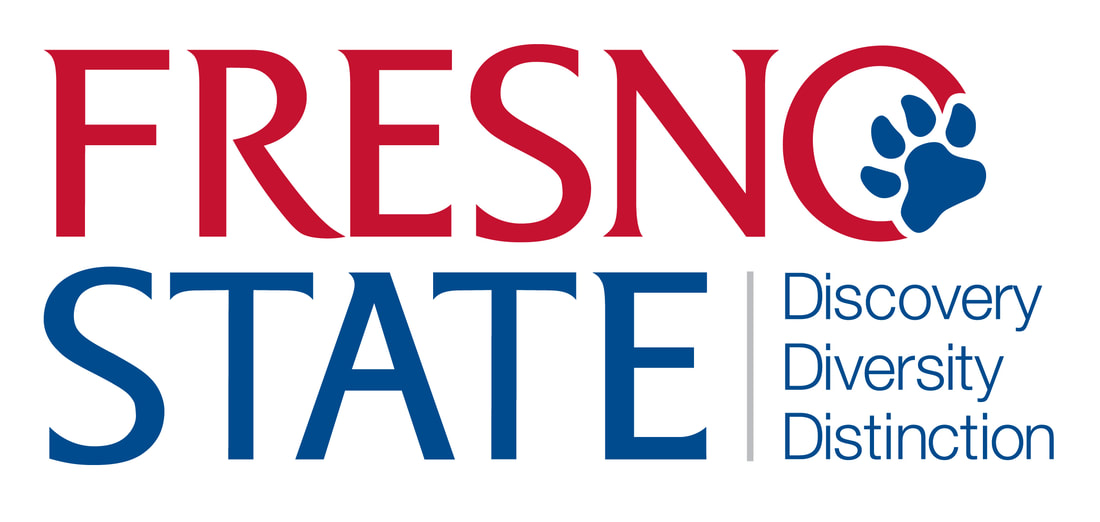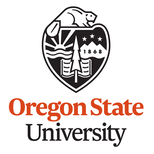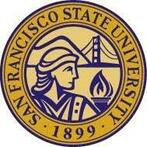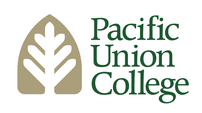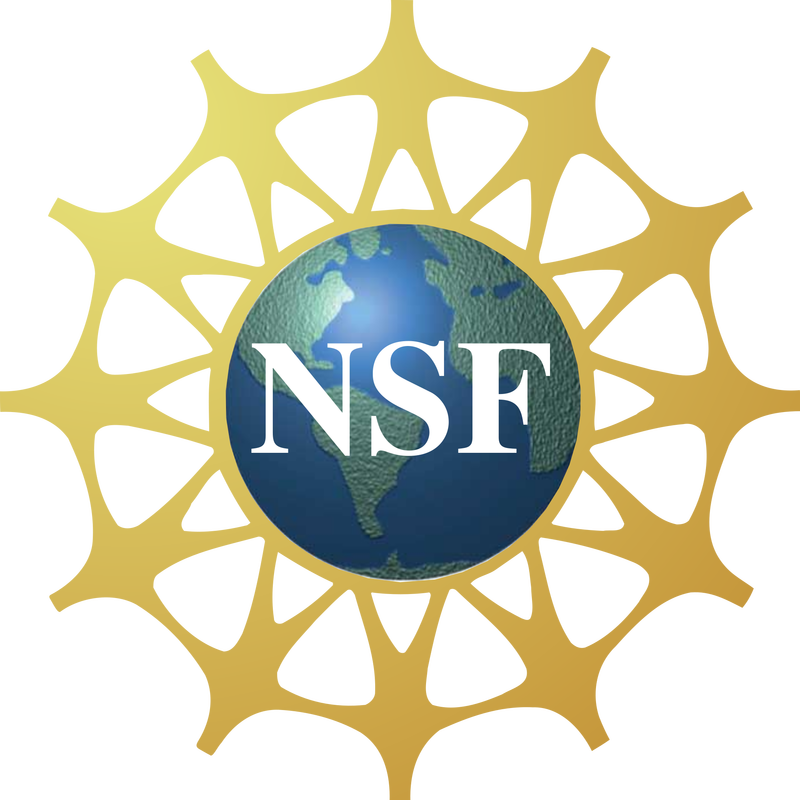The herbarium of the future
The California Phenology Network is on the forefront of enabling future use of herbarium specimens for research and beyond. Check out this article about the future of herbaria to explore the hundreds of ways that these treasure troves of information are empowering new discoveries today and tomorrow.
|
|
|
The California Phenology Thematic Collections Network (CAP TCN) is a collaborative project funded by the National Science Foundation through the Advancing Digitization of Biodiversity Collections (ADBC) program. The project brings together 28 California universities, research stations, natural history collections, and botanical gardens to capture images and data of nearly 1 million herbarium specimens--collections of dried and pressed plants.
This project uniquely aims to capture phenological data: information about the timing of, e.g., flowering or fruiting. Workflows and data standards necessary to collect, store, and analyze these data are under development. |
